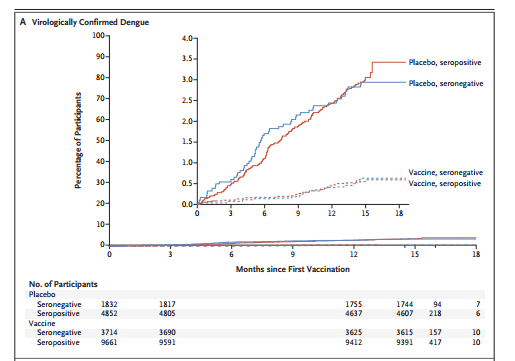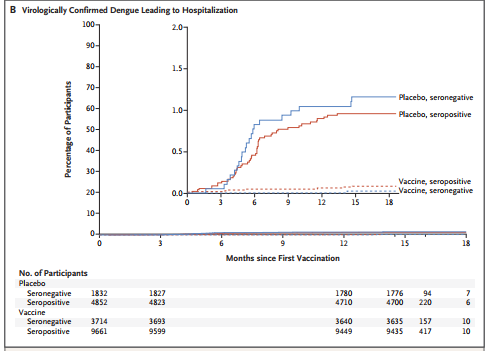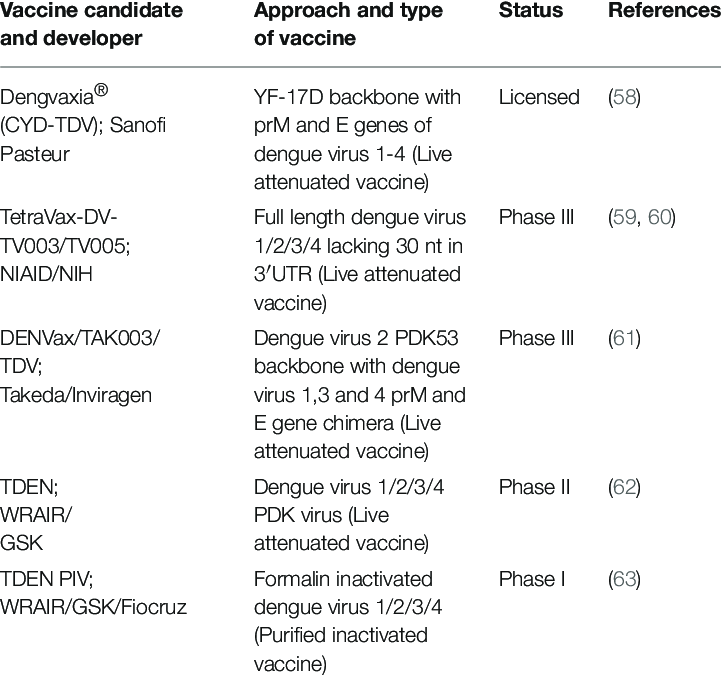Contact Admission
International Collaboration
STUDY ON THE EFFECT OF TETRAVALENT TETRAVALENT VACCINE IN HEALTHY CHILDREN AND Adolescents
Dengue, caused by mosquito-borne dengue virus, is considered the World Health Organization's leading threat to global health in 2019. Dengue virus infects over 390 million people worldwide each year. , is one of the leading causes of complications and death among children and adults in several Asian and Latin American countries. Dengue fever has increased rapidly around the world in recent decades. About half of the world's population is at risk of disease. Currently there is no specific drug to treat the disease.
A study sponsored by the Takeda Vaccines company published in the New England Journal of Medicine (NEJM) recently released on November 6, 2019 demonstrated the effectiveness of the dengue vaccine. This vaccine is designed to protect against all four strains of the dengue virus. This test was performed on 20,000 children aged 4 to 16 years in 8 Asian and Latin American countries. The authors presented part of the main findings data in an ongoing, phase 3 randomized phase 3 study, for the tetravalent dengue (TAK-003) vaccine in Regions of Asia and Latin America are endemic countries. Healthy children and adolescents 4 to 16 years of age were randomized at a 2: 1 ratio (stratified by age type and region) to be given two doses of vaccine or placebo three months apart. Participants exhibiting high fever were screened for dengue infection with a specific serologic reverse transcriptase PCR reaction. The research team validates the vaccine's effectiveness in preventing dengue caused by any of the dengue virus serotypes.
Of the 20,071 study participants who received at least one dose of the vaccine or a placebo (safe group), 19,021 (94.8%) received both injections and were included in the study. In per-protocol analysis, the protective effect of vaccines was 80.2% (95% CI, 73.3 to 85.3; 61 cases of dengue were confirmed in virology in the vaccine group compared with 149 cases in the placebo group), with 95.4% efficacy against dengue resulting in hospitalization (95% CI, 88.4 to 98.2; 5 times hospitalization in vaccine group vs. 53 hospital admissions in placebo group). The incidence of serious adverse events was similar in the vaccine group and the placebo group (3.1% and 3.8%, respectively).
The effectiveness of the vaccine tends to vary with the serotype of the virus. The results showed that the vaccine against type 2 was 97.7% effective. The other strains were less effective, 73.7% with type 1, 62.3% with type 3. Type 4 alone was inconclusive because the number of cases was too small. The vaccine also reduces the proportion of patients hospitalized to 95.4%.
Thus, the conclusion TAK-003 is effective against symptomatic dengue fever in countries with endemic diseases.



Source cited:
Shibadas Biswal et al. Efficacy of a Tetravalent Dengue Vaccine in Healthy Children and Adolescents, N Engl J Med. 2019 Nov 6. doi: 10.1056/NEJMoa1903869.
Other news
- How Dangerous Is Nipah Virus? Medical Alert and Urgent Health Recommendations ( 14:13 - 27/01/2026 )
- Predicting Disease from Sleep – A New Breakthrough Study ( 14:01 - 13/01/2026 )
- Medical advances predicted to break through in 2026 ( 13:54 - 12/01/2026 )
- Vietnamese medical miracles in 2025 – inspiration for medical students ( 07:54 - 07/01/2026 )
- Updating the SOFA-2 Score: A New Standard in the Assessment of Multiple Organ Failure After Three Decades ( 10:40 - 31/12/2025 )
- Home AEDs: High Life-Saving Effectiveness, but Not Cost-Effective at Current Prices ( 14:12 - 18/12/2025 )
- Artificial Intelligence and Pediatric Care ( 08:27 - 16/12/2025 )
- Applying Clinical Licensing Principles to Artificial Intelligence ( 09:36 - 08/12/2025 )
- U.S. Approves Targeted Lung Cancer Therapy Datroway ( 08:43 - 25/06/2025 )
- Therapeutic potential and mechanisms of mesenchymal stem cell-derived exosomes as bioactive materials in tendon–bone healing ( 08:38 - 23/11/2023 )


















